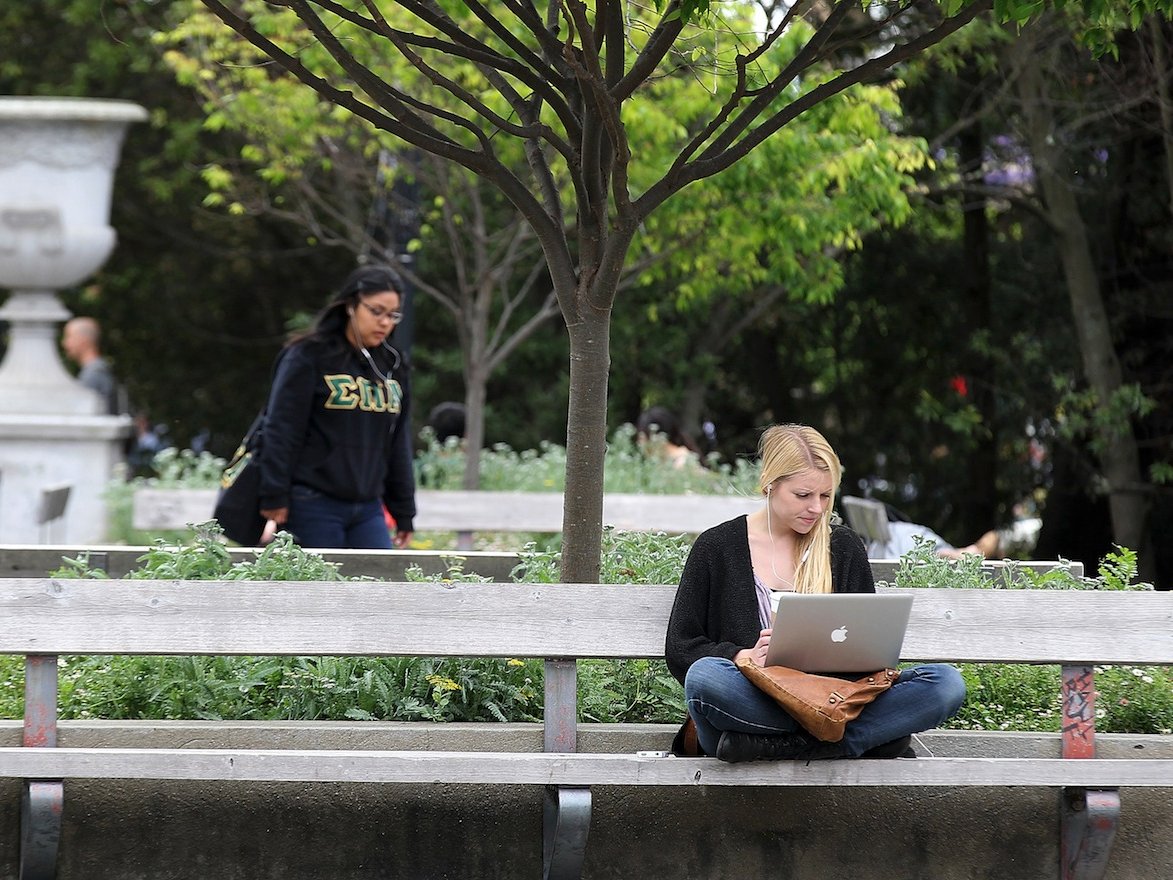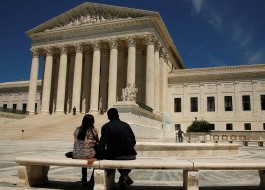
When officials at San Jose State University in California heard about a pair of sexual assaults last month, the school jumped into action. The suspected rapist was immediately questioned by the police and subsequently ordered to stay away from the two women he was accused of assaulting, moved into off-campus housing, and temporarily suspended.
Still, the university's actions faced criticism from students when the school failed to send out a safety alert to the campus community. The incident triggered the university to examine how and when it communicates safety threats to its students and ignited a conversation about student safety versus student privacy and how a school can be transparent while conducting a fair investigation into sexual assault allegations.
"I am determined to do everything possible to ensure that SJSU is a safe, caring, inclusive community," campus president Mary Papazian, said in an email sent to students, according to the Associated Press. "We will look comprehensively at how to improve communication. I believe it is time to re-examine and consider changes to notification policies."
Rape and sexual assault occur startlingly frequently on college campuses. Between one in four and one in five women are sexually assaulted while in college, and, in accordance with the federal Clery Act, colleges and universities must keep data on reported incidents of sexual assault and, in some instances, issue a timely warning to the school community when Clery crimes – a category that includes murder, sexual assault, dating violence, and weapons violations – pose a threat to safety.
The decision whether or not to send out an alert "should be made on a case by case basis taking into account whether or not the perpetrator has been reported or apprehended, the nature or level of violence of the incident itself and whether or not issuing the warning would compromise law enforcement efforts," Laura Egan, director of training at the Clery Center For Security On Campus in Wayne, Pa., told The Christian Science Monitor in an email statement.

Universities interpret the guidelines set out by the Clery Act in a variety of ways. Some schools will not consider an incident to be timely if it occurred more than two weeks previously, and many reports of sexual assault come months if not years after the assault occurred. In other cases a school may not release an alert to the community if the accused was an acquaintance of the victim because that person is not considered a threat to other students – although Jen O'Keeffe, the legal affairs director and Title IX coordinator at Lasell College in Newton, Mass., says that statistics show that rapists are often repeat perpetrators.
"At Lasell College we have put together a Clery team and when we receive a report for a Clery offense we get together and analyze whether or not we are going to issue a warning," Ms. O'Keeffe tells the Monitor. "It needs to be done really quickly. The alert needs to be timely, so you can't sit on it for a week a think about it. We try to do it within 24 hours."
By law, these alerts cannot reveal personal information about the victim, although the same is not true for the alleged perpetrator. Therefore universities must weigh campus safety with student privacy and act in a way that will not put an investigation into the incident in jeopardy.
"Personally identifying details, when it is only an allegation, don't actually enhance the safety of the university and it can actually to destroy someone's reputation," Lori Tucker, co-president of Families Advocating For Campus Equality, tells the Monitor. "There is a way to alert people to danger while conducting an investigation without jeopardizing another student's right to privacy or his or her right to a fair and impartial proceedings that have been tainted by publicity."
Ms. Tucker says that alerts with too much identifying information can taint potential witnesses to the crime and that if the alleged perpetrator turns out to be innocent there is rarely ever a correction alert issued to the student's publicizing innocence.
Knowing that an alert may be sent out to the entire school community can be difficult for the victims who have come forward about their assault, even though they are guaranteed anonymity under the law, according to O'Keeffe, who works with those who report sexual assault on Lasell College campus.
"What schools need to do is come together, preferably with a team, where it gets discussed whether or not to issue a warning and there is a decision made based on the information that the school has at the time," O'Keeffe tells the Monitor. "People may disagree with the decision but what we should all be doing is what is in the best interest of our community to keep everybody safe."
Read the original article on Christian Science Monitor. Copyright 2016.




